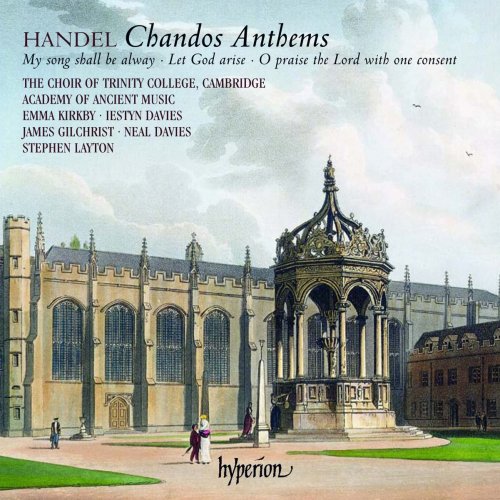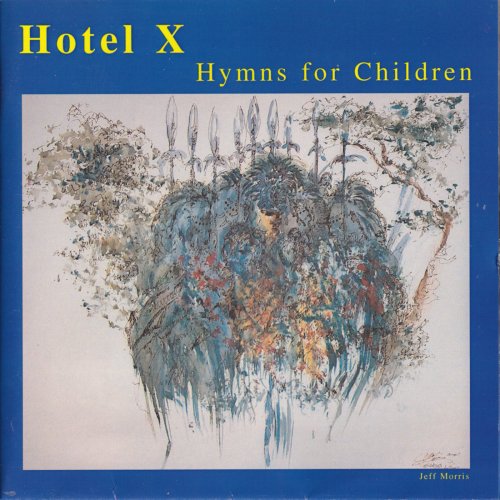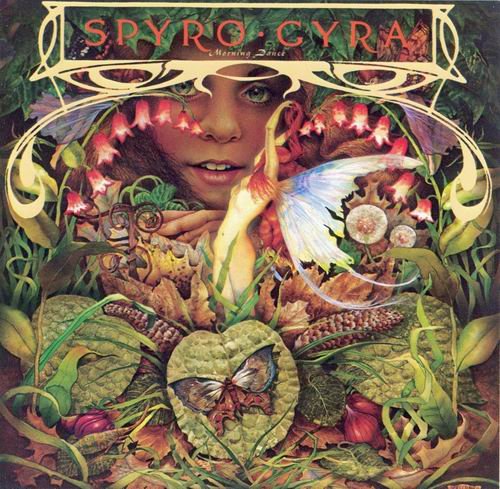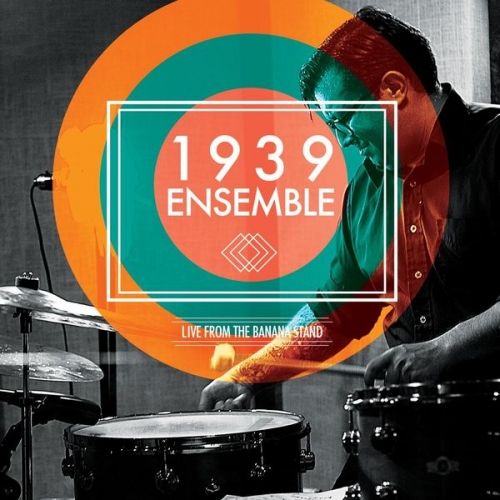Stephen Layton - Handel: Chandos Anthems Nos. 7, 9 & 11 (2009)

Artist: Trinity College Choir Cambridge & Academy of Ancient Music, Stephen Layton
Title: Handel: Chandos Anthems Nos. 7, 9 & 11
Year Of Release: 2009
Label: Hyperion – CDA67737
Genre: Classical
Quality: FLAC (image + .cue, log, artwork)
Total Time: 1:06:07
Total Size: 363 MB
WebSite: Album Preview
Tracklist:Title: Handel: Chandos Anthems Nos. 7, 9 & 11
Year Of Release: 2009
Label: Hyperion – CDA67737
Genre: Classical
Quality: FLAC (image + .cue, log, artwork)
Total Time: 1:06:07
Total Size: 363 MB
WebSite: Album Preview
George Frideric Handel (1685-1759)
O praise the Lord with one consent 'Chandos Anthem No 9', HWV254
1 Movement 1: O praise the Lord with one consent [5'16]
2 Movement 2: Praise him, all ye that in his house [3'36]
3 Movement 3: For this our truest int'rest is [2'13]
4 Movement 4: That God is great [2'29]
5 Movement 5: With cheerful notes [3'32]
6 Movement 6: God's tender mercy [3'08]
7 Movement 7: Ye boundless realms of joy [2'22]
8 Movement 8: Your voices raise [2'15]
Let God arise 'Chandos Anthem 11a', HWV256a
9 Movement 1: Sonata. Andante – Allegro [3'48]
10 Movement 2: Let God arise [2'47]
11 Movement 3: Like as the smoke vanisheth [2'42]
12 Movement 4: Let the righteous be glad [3'16]
13 Movement 5: O sing unto God [2'48]
14 Movement 6: Praised be the Lord! [1'32]
15 Movement 7: At thy rebuke, O God [1'55]
16 Movement 8: Blessed be God [2'08]
My song shall be alway 'Chandos Anthem No 7', HWV252
17 Movement 1: Sonata. Largo e staccato – Allegro [3'05]
18 Movement 2: My song shall be alway [4'58]
19 Movement 3: For who is he among the clouds [0'28]
20 Movement 4: God is very greatly to be feared [2'36]
21 Movement 5: The heav'ns are thine [1'58]
22 Movement 6: Righteousness and equity [3'10]
23 Movement 7: Blessed is the people [2'17]
24 Movement 8: Thou art the glory [1'22]
In a year of Handel celebration and many new recordings, this is a welcome addition to the discography. Stephen Layton, the Academy of Ancient Music, the Choir of Trinity College, Cambridge, and a stellar group of soloists—in fact, the best in solo Handel singing that this country has to offer—present a disc of three of the Chandos anthems which is sure to achieve the same critical and public acclaim as the recent Dettingen Te Deum from Trinity.
Here we have the composer at his most English and most gently appealing. Written for the musical establishment of the first Duke of Chandos, these anthems set texts taken from the Psalms, mainly the old version of the Psalter as preserved in the Book of Common Prayer, but also the metrical versions of Nahum Tate and Nicholas Brady, first published in 1696. The anthems have no direct models in English church music, but follow the form used by Handel for his Latin psalm settings, with a mixture of movements for solo voices and choruses. The expressive range of the solos is remarkable, and in the choruses Handel seizes every opportunity to create grand effects with modest means.
Here we have the composer at his most English and most gently appealing. Written for the musical establishment of the first Duke of Chandos, these anthems set texts taken from the Psalms, mainly the old version of the Psalter as preserved in the Book of Common Prayer, but also the metrical versions of Nahum Tate and Nicholas Brady, first published in 1696. The anthems have no direct models in English church music, but follow the form used by Handel for his Latin psalm settings, with a mixture of movements for solo voices and choruses. The expressive range of the solos is remarkable, and in the choruses Handel seizes every opportunity to create grand effects with modest means.








